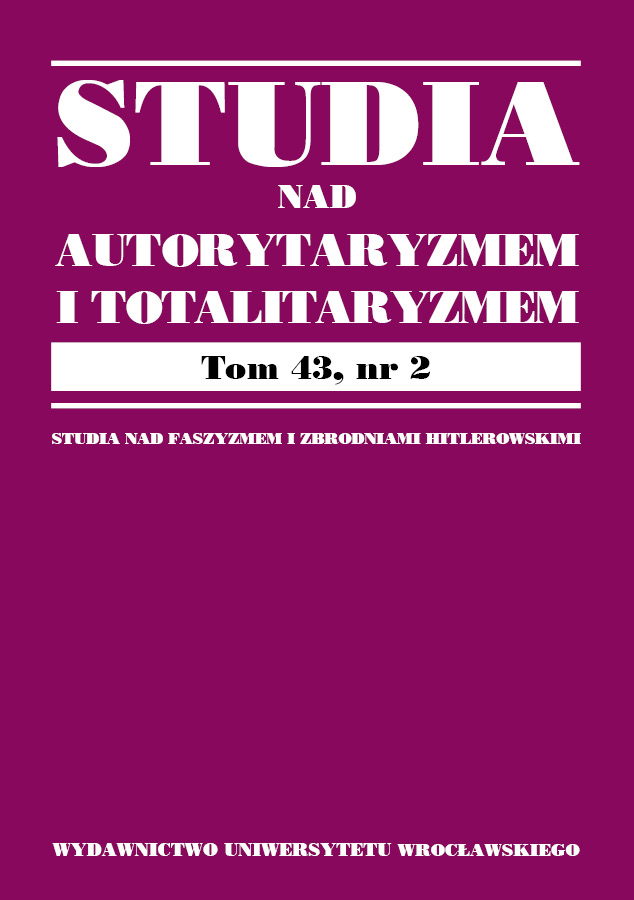

Artykuły

The growing influence of populists on the exercise of power in many European countries made it necessary to analyze populism also in the context of its relation to law and jurisprudence. Populism as an anti-liberal structure introduces a different view on many demoliberal legal institutions, including the key concept of the rule of law.
The first part of the article focuses on the concept of populism and its analysis to the extent that is justified by the chosen topic. Investigating the current scientific discourse allows the thesis that populism has a dualistic character. On the one hand, it can be seen as a set of ideas, based on specific “material” assumptions, but on the other hand, it is a specific modus operandi used to promote any ideology.
The second part of the article attempts to analyze the concept of the rule of law and focuses on its goals as well as the role it plays in the structue of liberal democracy. In this context, it should be noted that the meaning of the rule of law cannot be reduced solely to the principle that not only citizens, but also authority can act only within the limits of valid and binding law. For the rule of law — by clearly delineating the boundaries of power — also creates a broader context for the functioning of the system: specific “rules of the game” which define the way and rules of its functioning. In this sense, the rule of law is a key element of liberal democracy, which, although based on the power of the poeple, constitutes procedures and mechanisms that prevent its implementation to an unlimited extent.
The third part of the paper summarizes the theses indicated in previous parts. Among the basic ideological tenets of populists is the pursuit of institutional unlimited power of the people. However, such a belief is incompatible with the basic demoliberal assumption that all power and its functioning should be subject to a rigid procedural framework, the violation of which is unacceptable. would seem that the rule of law — which is, after all, the realization of those restrictions within the liberal democracy framework — will be rejected by populists in advance. However, the populists do not deny the necessity of the rule of law existing, but modify it in such a way that complies with their tenets. Populists emerge from the agonistic conviction that the rule of law in the demoliberal discourse — although presented as politicaly neutral — in fact served only the interests of the elites and the establishment. With populist views gaining real influence on power, the time comes for the rule of law to be an instrument in the hands of the people, serving only the realization of their free will in the greatest possible extent.